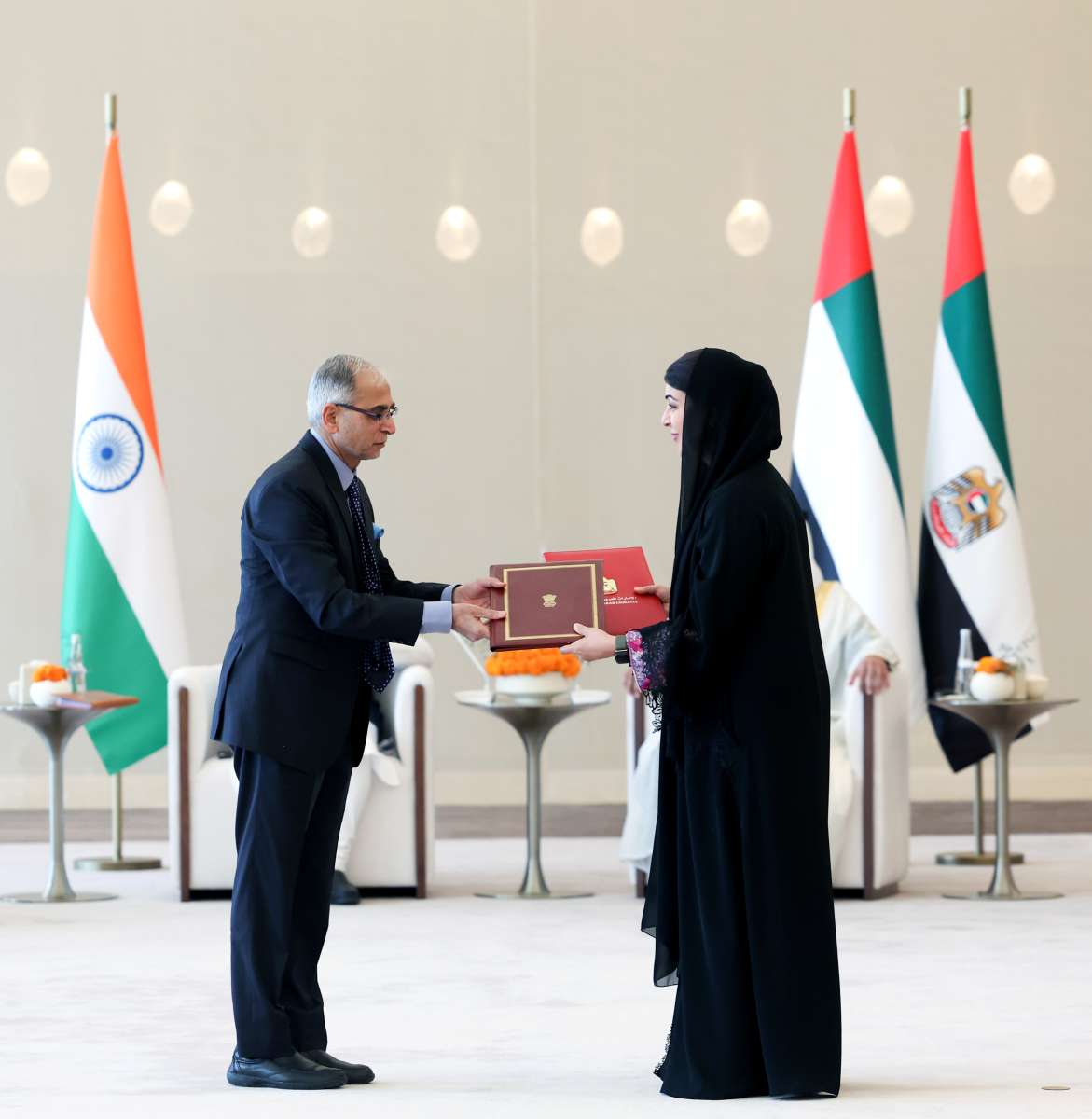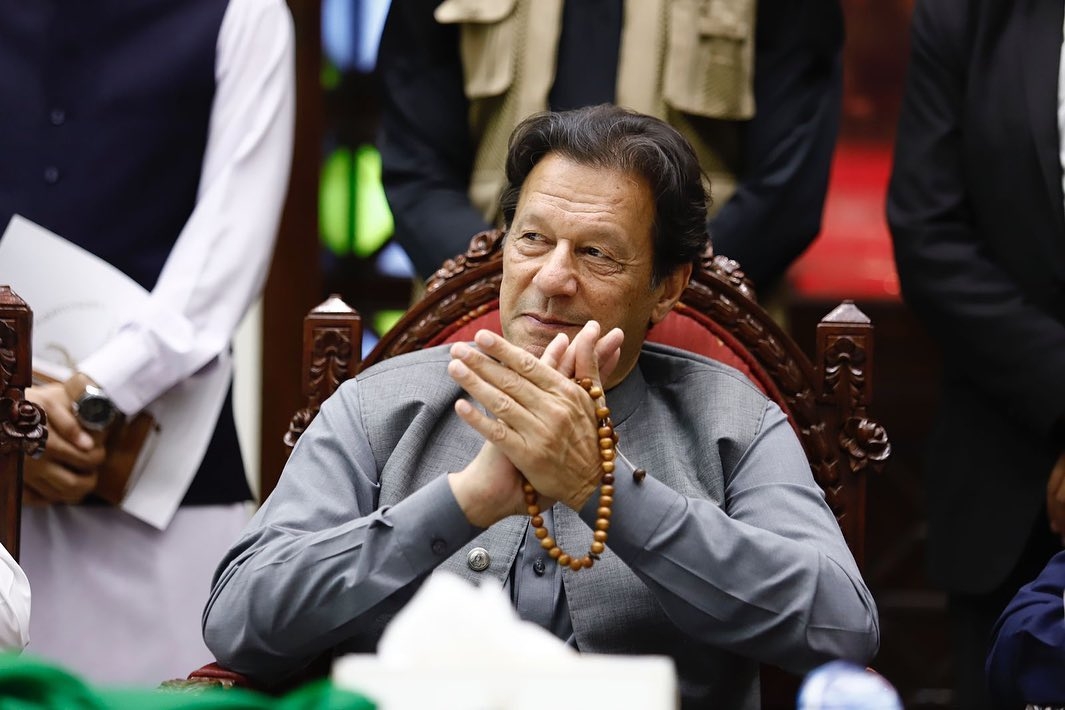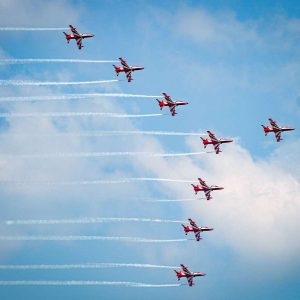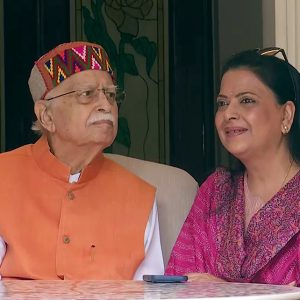Amidst the food crisis due to Russia’s actions in Ukraine, India faced pressure to open its foodgrain restrictions to global markets, but it prioritized aid to the Global South…reports Arul Louis
India has decried the primacy of the concept of open markets in foodgrains amid warnings from Secretary-General Antonio Guterres of a looming “hellscape of hunger” for the world’s poorest.
“Open Markets must not become an argument to perpetuate inequity and promote discrimination” in the availability of foodgrain, India’s Permanent Representative Ruchira Kamboj told the Security Council on Tuesday.
It is “necessary for all of us to adequately appreciate the importance of equity, affordability and accessibility when it comes to foodgrains”, she said at the meeting on the impact of climate change and food insecurity on international peace.
“Addressing global food insecurity should begin by choosing peace, cooperation and multilateralism, and working together to find common solutions through dialogue and diplomacy”, she said.
At the height of the foodgrain crisis resulting from Russia’s invasion of Ukraine and the blockade of the Black Sea by Moscow, for example, India faced pressures to lift its restrictions on foodgrains and let them flow into the open markets where developed nations can corral supplies, while New Delhi was following a policy of selectively sending them to countries of the Global South in need.
“India had provided food aid to several countries, including in our neighbourhood and Africa to strengthen food security”, Kamboj noted. “We’ve also extended assistance to the people of Afghanistan, Myanmar and Palestine”.
This was in keeping with India’s ethos of “Vasudhaiva Kutumabakam” which sees the world as one family.
Guterres, who spoke earlier, said, “A global food crisis is creating a hellscape of hunger and heartache for many of the world’s poorest people and the climate crisis is accelerating with a deadly force – last year was the hottest ever”.
“Climate chaos and food crises are serious and mounting threats to global peace and security,” he said.
“We need massive investment in a just transformation to healthy, equitable and sustainable food systems” to overcome these challenges, he said, “and we need governments, business and society working together to make such systems a reality.
The meeting was billed as the signature event of its presidency by Guyana and was presided over by its President Mohamad Ifraan Ali.
Ali said that the triad of conflicts, food insecurity and climate change were impacting global security.
He said that nearly 149 million Africans are threatened with acute food insecurity and of them, 122 million live in areas of conflict.
He faulted the international community for not dealing with the crisis adequately.
“We do not see the interplay and we do not place priority on these issues”, he said.
Taking a stand against the Council’s mission creep of abrogating to itself matters beyond the ambit of what the UN Charter has set for it, Kamboj said that the issues of development linked to climate change should be taken up in forums with universal participation.
“Choosing to place the issue of climate change in forums other than the UNFCCC [United Nations Framework Convention on Climate Change], especially those where all members do not sit on an equal footing may undermine the larger cause of securing equity and climate justice”, she said.
UNFCCC is the forum where all nations come together as equals to set and evaluate goals for fighting climate change, while the Council is an unrepresentative body dominated by the five permanent powers with veto powers.
Kamboj said that the world should also look for more resilient and viable alternatives to meet global food security needs.
“Anticipating precisely such challenges, India has been championing the cultivation, production and marketing of millets, which are climate resilient and climate-friendly crops for fostering food security”, she said.
At India’s initiative, the UN had declared 2023 as the International Year of Millets to raise awareness of their value in providing healthy nutritional alternatives to the cereals widely used now.
Millets need less water and grow faster and can, therefore, help in fighting hunger.
During its presidency of the G20, the group of large industrialised and emerging economies, last year Kamboj said India had committed to a set of high-level principles on food security and nutrition.
These “include a range of responses to food security, from strengthening research cooperation on climate resilient and nutritious grains to accelerating innovations and investment focused on increasing agricultural productivity and most critically to supporting developing countries efforts and capacities to address their food security challenges”, she said.
ALSO READ: India, UAE ink multiple MoUs














